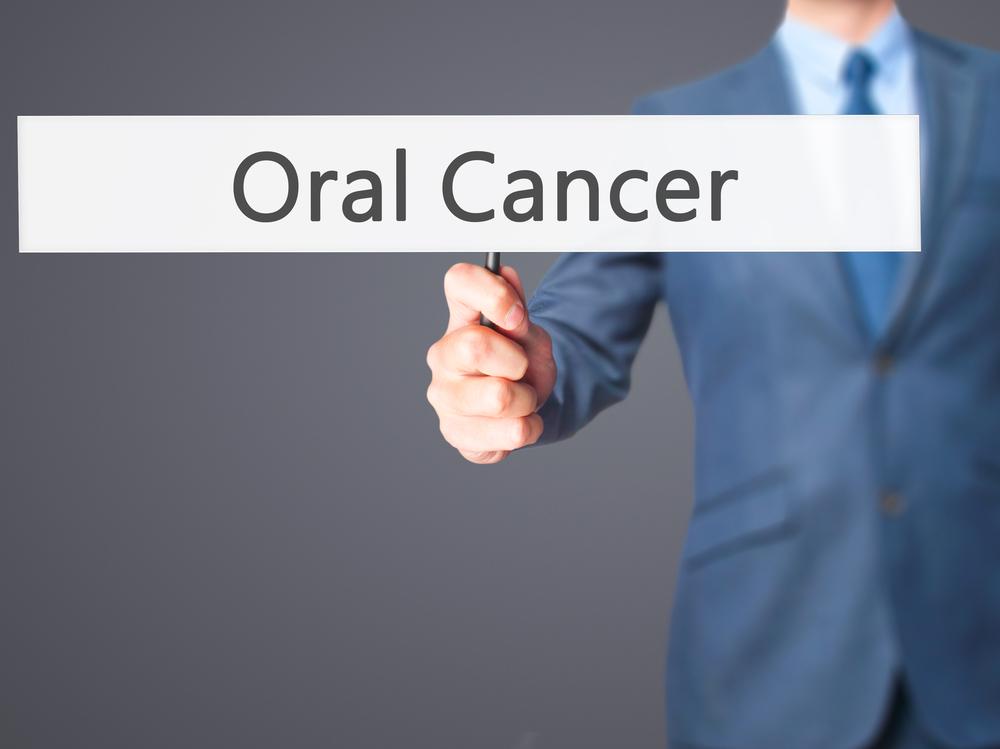
Various treatment options of oral cancer
Cancer which develops inside the mouth or in the throat is known as oral cancer and it is a subcategory of cancers present under the neck and head cancers. Oral cancer more often than not is known to develop in the squamous cells in the tongue, mouth, and lips. Every single year there are about 49,000 cases of this condition in the United States. The average age of people that this cancer affects is either 40 years or above. Most of the times, it gets detected only after it spreads to the lymph nodes present in the neck. Chances of surviving the disease depend on its early detection as it becomes harder to cure cancer the more advanced it is. There are various treatment methods for oral cancer based on the location, type, and stage of the condition at the time of the diagnosis. Some of the options are as follows:
- Radiation therapy: This treatment option involves focusing on the tumor with radiation beams at least once or twice a day, for about 5 days in a week and this procedure continued for the next 2 to 8 weeks. When cancer proceeds to advanced stages, this treatment plan will most likely comprise a combination of both radiation therapy and chemotherapy.
- Surgery: Most of the early stages of oral cancer are usually treated by this method as it is used to remove any cancerous lymph nodes and tumors. In addition to these components, if the tissue around the neck or mouth has also been affected by cancer, the surgery may involve the removal of parts of those tissues too.
- Chemotherapy: This kind of treatment option makes use of drugs to kill cancer cells. The medication is either given through an intravenous line or can be administered to the patient orally. Chemotherapy can be accessed on an outpatient basis, but several patients receiving it do require hospitalization.
- Targeted therapy: This particular type of treatment focuses on targeting specific genes, or proteins of the cancer cells or certain environments that aid their growth and development. This treatment can be used both in the early stages and in the advanced stage of oral cancer. The therapy drugs work by binding with a particular target, such as specific proteins on the cancer cells, and destroy them by preventing their growth.
- Dietary changes: This is a component that is not very commonly seen in treatment options for cancer. However, when it comes to oral cancer treatment, proper nutrient intake is one sure shot method to ensure a better recovery. Many of the treatment options for oral cancer can make eating and swallowing of food items very difficult. This can easily lead to weight loss and loss of appetite. So, the diet is one of the most important aspects to be discussed with the doctor early on.
A nutritionist can help in charting a diet plan which can be easy to consume and is balanced so that the individual receives all the nutrients required to aid the process of healing.



